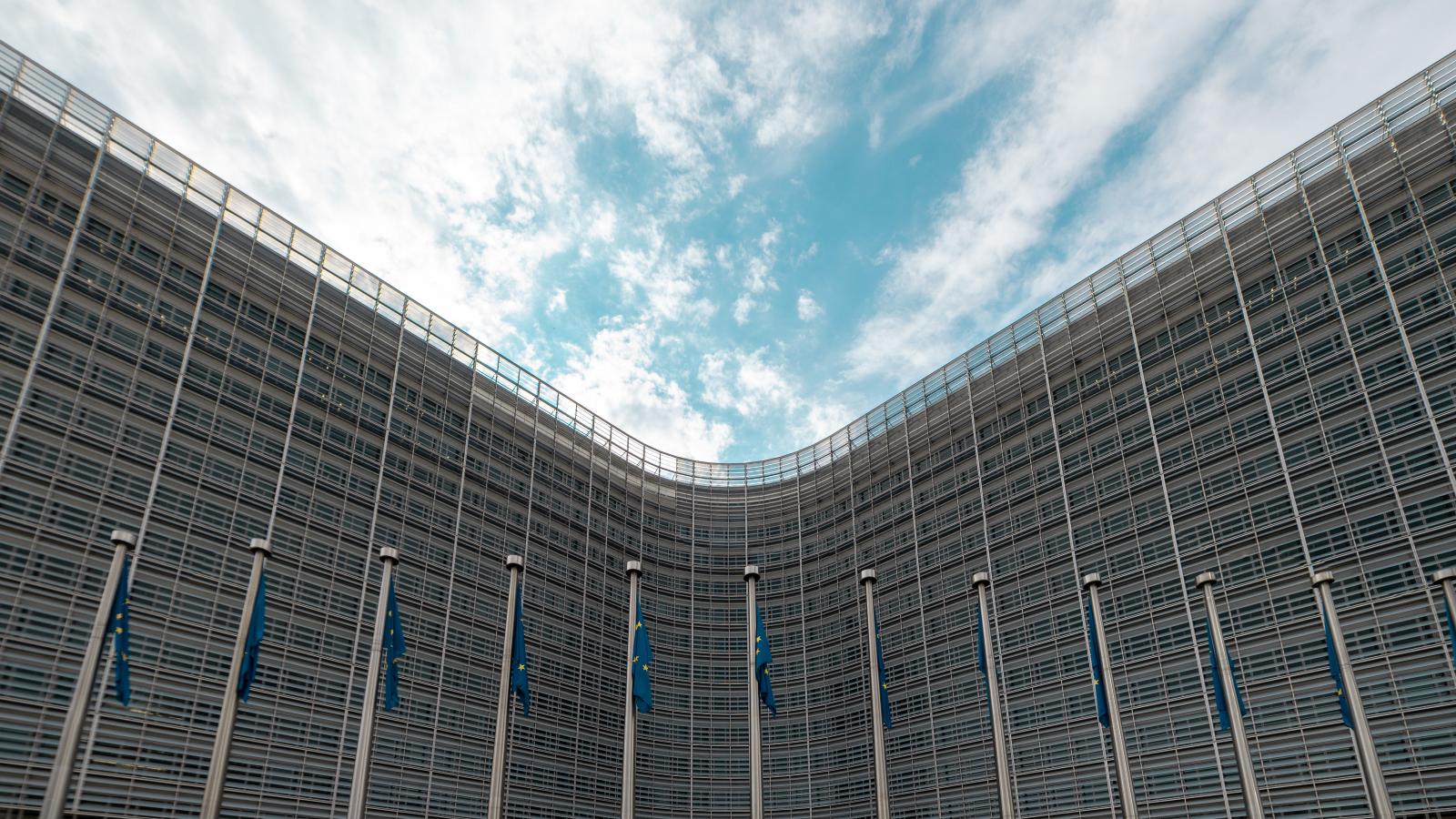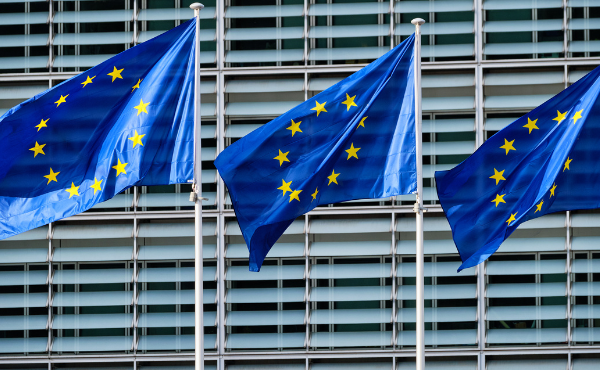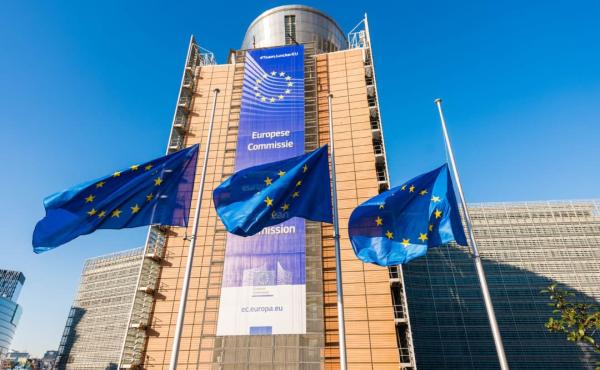
The ECGI blog is kindly supported by

Legal certainty and the directive on Corporate Sustainability Due Diligence
Introduction
Currently, the Council and the European Parliament are discussing the Commission’s proposal for a Directive on Corporate Sustainability Due Diligence.[1] This proposal, of course, does not address the issue of proper diligence in managing the company, but imposes a duty on the company to carry out a due diligence process in relation to external harms, in particular it creates an obligation to identify, prevent, and mitigate adverse environmental and human rights impacts.
Among the many crucial issues in the discussion of the proposal, the one of legal certainty has special relevance. Assuming that companies are interested in protecting human rights and the environment, do they know what they must do to be in line with this piece of legislation?
This is an issue of considerable importance not just for the companies but also for society as a whole. Legal certainty reduces compliance cost and diminishes wasted social expenditure on litigation and supervision. Additionally, one may expect a higher level of compliance with the rules if companies and their directors know in advance what to do. Finally, as SMEs are affected by the Proposal – which we will explore further below – legal certainty is especially important, as the higher compliance cost resulting from legal uncertainty are especially difficult to bear for these enterprises.
Areas of uncertainty
One major flaw of the Proposal is the extensive use of imprecise and open-ended terms, of which the following are important examples:
First, the Proposal lays down rules for “established business relationships” in the company’s value chain (art. 1.1.a), i.e. not only for the company itself and its subsidiaries, but also for contractual partners and even indirect members of the value chains (e.g. suppliers of the company’s suppliers). However, even though the concept is defined at a general level (see art. 3.e and 3.f), its precise content remains unclear. When does another company “perform business operations related to the products or services of the company for or on behalf of the company”? When does a relationship “represent a negligible or merely ancillary part of the value chain” and is hence excluded from the company’s due diligence obligation?
Second, the company’s core duty under the Directive is to identify, prevent, and mitigate adverse environmental and human rights impacts (see, e.g., art. 6.1 and art. 7.1). These impacts are defined via a reference to the violation of particular human rights provisions contained in more than 20 different international instruments (see points 1 to 20 of Part I of the annex to the proposal) and point 21, remarkably, adds an additional 22 human rights conventions without specifying specific provisions. Part II refers to 12 environmental violations contained in 10 different instruments. Apart from the pure volume, these standards are often multifarious and open-ended, which is because they contain obligations for the states that have ratified these instruments and hence must be flexible enough to be acceptable to the widest array of states. Most of these standards were not designed to be applied directly to companies and lack the necessary precision for that purpose. Indeed, the drafters of the annex have made no attempt to adapt these state obligations to the corporate context, but rather have adopted a simple “copy out” approach. For example, is a “fair wage”, especially when coupled with a reference to a “decent living” (see point 7), simply one that is customary in the host country, one that has been set by the host state or through host-state collective bargaining or does it refer to some standard external to the host state? In this context, the open-endedness becomes a defect.[2] One can envisage that companies, supervisors, courts, employee representatives and civil society groups will all take different views on this issue, with no one view being obviously the correct one.
Third, companies must take “appropriate measures” in order to identify, prevent, and bring to an end such adverse impacts (art. 6.1, art. 7.1, and art. 8.1). Again, this is elaborated in the Proposal (see art.3.q), although that “definition” only substitutes one imprecise term with a number of others. As a result, the precise scope of the obligation is open to a wide range of interpretations.
Many other examples could be cited, such as the international application of the due diligence requirement for non-European companies operating in Europe, the extent of downstream value chains to be included, the lack of a real risk-based approach to the due diligence policy or the extent of directors’ duty of care or of the companies’ civil liability, particularly of their exemption in case of damages caused by an adverse impact arising as a result of the activities of indirect partners.
Even if such legal uncertainty is generally deplorable and given that the text of the Proposal should certainly be improved in this respect, we do not believe that it is possible to overcome or even significantly mitigate the issue of legal uncertainty inherent to such open-ended standards. That is because the individual cases and the issues that will arise are too specific to be dealt with by legislatively prescribed detailed rules.
For that reason, we are also sceptical that standardisation will solve the issue. The Proposal seems to put some faith in this approach as it foresees the development of model contractual clauses and guidelines by the Commission (art. 12 and art. 13). That may help to some limited extent, but we believe that due to the wide variety of situations that have to be covered, such model clauses or guidelines will have to operate on a very high level of generality and, hence, not give sufficient guidance to legal practitioners. In any case, if the Commission thinks this is a solution, it should publish its drafts of the model contracts and guidelines before the Proposal is passed so that Member States know what they are signing up to.
Proposed Solution
We think that another approach is preferable: If a company takes informed steps in good faith to implement art. 5 to 7, it should not incur liability. After all, the company best knows the environment, the countries, and the sectors it operates in and the problems it has to face. Hence, it is best placed to design a proper policy, as the Proposal itself assumes. Presumably, this should happen under a risk-based approach. This fits into the trend which is already evident: many companies do have such policies in relation to international standards even though these are not in terms binding on them and even though their state of incorporation may not even have ratified the relevant treaties.[3] As a result, such an approach pushes companies down a path they have already embarked upon.
Under this approach the list of steps that companies may be required to take under the present versions of Arts 7 to 8 become matters which the company must consider in good faith with a view to implementing them in its particular context. The powers of the supervisor would be limited to checking that the company has designed and implemented in good faith a due diligence policy, though the sanctions available to the supervisor in the absence of an informed, good faith decision could remain largely as stated in the present version of Art. 18.
Of course, disclosure of such a policy, once adopted by the company, is crucial. Such disclosure should encompass disclosure both to the market and to the supervisor, as envisaged in the Commission’s draft.The markets (capital, consumer, and labour markets) will, and already do, react to disclosures of companies’ human rights and environmental policies, made either voluntarily or under increasingly demanding non-financial disclosure rules contained in company law or financial regulation. We argue that the resulting reputational risks will be instrumental in avoiding companies installing inadequate policies or implementing them inadequately. These disclosures will be of particular interest to those developing ESG ratings and other similar metrics, which are developing quickly. Hence, disclosure to the markets will be an important constraint for companies.
Disclosure to supervisors (as defined in the national regulations implementing the directive) keeps them informed and provides them with the possibility to step in whenever necessary. Supervisors would check for a lack of an informed decision and for bad faith, which would most probably result in a rough check of the adequacy of the plan’s content. If need be, the supervisor would then in the first place require the company to rerun the process. At some stage, the supervisor may have to mandate certain behaviour. In all instances, the supervisor should publish its decisions in order to incentivise good corporate behaviour.
Complaints procedures give the company the opportunity to receive additional information from stakeholders and to take appropriate steps to revise the content or implementation of their policies. This is certainly an important external input into the information gathering process. For that reason, we envisage the retention of art. 9 of the Proposal foreseeing such complaints procedures. For the Proposal’s success it will be extremely important to get civil society on board. One may consider, however, introducing some type of transparency requirements as to the funding of such stakeholder organisation or the interests they represent.
On the other hand, the Proposal mandates that natural or legal persons are entitled not only to submit substantiated concerns to the supervisors but also to have access to a body competent to review the decisions by the supervisor (see art. 19 and especially 19.5). Who is party to legal proceedings and who can ask for a review of the supervisor’s decisions, is typically an issue of administrative proceedings and of the more general approach to these proceedings taken by Member States. We think that there are good reasons to respect Member States’ autonomy in dealing with these issues. Hence, in our view art. 19.5 is unnecessary and overly intrusive.
Disclosure is also increasingly important in the development at national level of tort liability for harms occurring within the foreign operations of domestic companies. This will be a further incentive for companies to do a good job in developing and implementing human rights and environmental policies. However, at this stage of legal development, we believe the issue is best left to the Member States, many of whose courts are active in the area, and that it is premature to try to encapsulate that development in an EU-level directive. We therefore favour the omission of art. 22 on civil liability from the Directive.
In addition, we think that the Commission, the Council and the Parliament should consider the two following points that we think are important for the functioning of the Proposal.
The application to SMEs
As a starting point, one has to state that, contrary to what one would think by just reading art. 2, SMEs are covered by the Proposal, albeit not under its formal terms. That is because companies covered by the Proposal are required to regulate the activities throughout their value chain and, therefore, the activities of SMEs within that value chain. Hence, there will be a trickle-down of regulation from these companies to SMEs. In addition, this may result in SMEs that are (direct or indirect) suppliers to different companies being subject to different sets of requirements.
That means that parts of the cost of the implementation of the Proposal and of its legal uncertainty will have to be borne by SMEs. There probably is no way to avoid this completely, but just ways to mitigate some of its effects. What the Proposal envisages is mitigation through financial payments of the company to SMEs (art. 7.2.d, art.8.3.e). We recognise that this has some value, but caution that in practice SMEs may not be in a position to insist upon their full financial entitlements, for example because the company may threaten to change suppliers. In particular, it would not be enough for the company only to provide assistance if the SMEs are in financial difficulty, as foreseen by Art 7.2.d and art.8.3.e.
One possible solution for the difficult situation of SMEs (and other suppliers) would be standardisation of the requirements laid upon direct and indirect suppliers, but it is hard to see who could achieve this and how this could be achieved, whether by the Commission or any other body, for the reasons given above, i.e. the multiplicity of the situations which will arise under the Directive’s provisions.
Indirect business relationship
The Proposal is equivocal in what is required in relation to indirect partners. On the one hand, it covers such partners (e.g., suppliers) but, on the other hand, indicates in Art. 7.2.b and Art. 7.4 that the duties towards indirect partners are less demanding than against direct ones. The issue is extremely important, as the numbers of companies to be included and monitored will rise significantly if the entire spectrum of duties is to be rolled out to indirect partners as well. In turn, this will result in a marked increase in compliance cost, which ultimately will have to be borne by consumers.
We suggest achieving some clarification by confining the company’s obligations to direct partners. The company would then impose an obligation on these direct partners to regulate and especially monitor the activities of indirect partners. This “contractual cascading” is the model of the Proposal (see art. 7.2.b and art. 8.3.c), but we would relieve the company of the obligation to monitor indirect business relationships directly. This would remedy the unusual situation that the indirect business partner’s contractual obligation is due towards one party (the direct supplier) because of contractual cascading, but compliance with that duty is monitored by another person not party to the contract, that is the company covered by the Proposal.
We do not think this would produce a lower level of substantive obligations for the indirect supplier. However, it would make the duties of the respective parties much clearer and therefore reduce the cost of legal uncertainty as far as the monitoring process is concerned. Of course, this does not mean that the company would be under no obligation to act once it knows of a breach by an indirect supplier; however, it would be under no obligation to investigate in the first place. Similar models to our proposal are already in place in some Member States.[4]
In this context we welcome the reference in art 7.4 under which the company may refer to suitable industry initiatives and third party verification, as this may reduce compliance cost. It would be important, however, to reduce or remove antitrust obstacles to such cooperation.
Conclusion
In short, our model proposes to reduce legal uncertainty by giving the company more power and responsibility to identify for itself how to comply with the obligation under the Proposal and its annexes. As a result we suggest that a company taking informed steps in good faith to implement art. 5 to 7 should not incur liability. Given the open-ended nature of the international standards which the Commission wishes to apply to companies, we think this is the only way to produce an acceptable level of legal certainty (itself a constitutional right) for companies. We do not think our proposed revision will make the Directive less effective: it goes with the grain of what is already happening within multinational companies and it is supported by administrative and increasingly strong reputational sanctions on companies which fall short.
----------------------------------------------
Read more from ECLE on the CSDD
- Why Article 15 (combating climate change) should be taken out of the CSDD
- The proposed Due Diligence Directive should not cover the general duty of care of directors
The European Company Law Experts Group (ECLE) is comprised of Paul Davies (Oxford), Susan Emmenegger (Bern University), Guido Ferrarini (Genoa), Paul Davies (Oxford), Klaus Hopt (Max Planck, Hamburg), Adam Opalski (Warsaw), Alain Pietrancosta (Paris), Andrés Recalde Castells (Autonomous University of Madrid), Markus Roth (Marburg), Michael Schouten (Amsterdam), Rolf Skog (Gothenburg), Martin Winner (Vienna University of Economics and Business), Eddy Wymeersch (Gent).
This article reflects solely the views and opinions of the authors. The ECGI does not, consistent with its constitutional purpose, have a view or opinion. If you wish to respond to this article, you can submit a blog article or 'letter to the editor' by clicking here.
----------------------------------------------
[1] Proposal for a Directive of the European Parliament and the Council on Corporate Sustainability Due Diligence and amending Directive (EU) 2019/1937, COM(2022) 71 final (https://www.europarl.europa.eu/RegData/docs_autres_institutions/commission_europeenne/com/2022/0071/COM_COM(2022)0071_EN.pdf).
[2] See also ECLE, The European Parliament’s Draft Directive on Corporate Due Diligence and Corporate Accountability, ECGI Blog, 19 April 2021, # 14 et seq. (/news/commentary-european-parliament’s-draft-directive-corporate-due-diligence-and-corporate).
[3] Hathaway, Ewell and Nohle, “Has the Alien Tort Statute Made a Difference?” (2022) 107 Cornell Law Review (forthcoming); Parella, “International Law in the Boardroom” (available at ssrn.com/abstract=4045579).
[4] See, e.g., § 9 German Lieferkettensorgfaltspflichtengesetz. https://www.bmas.de/EN/Home/home.html



